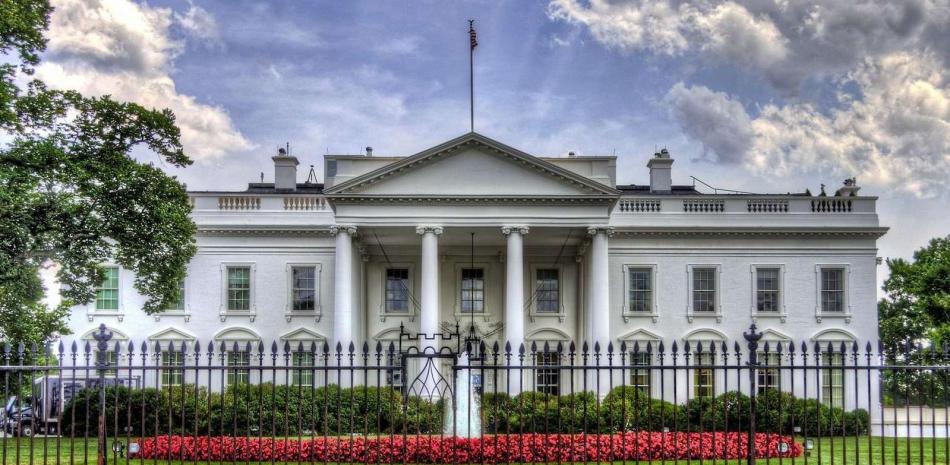Almost a week from the date considered the limit before a potential default of the United States on its debt, the White House and the Republican opposition oscillated yesterday between negotiations and attacks, while the Fitch agency put the country’s precious AAA rating under surveillance.
“The lack of agreement (…) would be a negative signal for governance in general and the willingness of the United States to meet its obligations on time,” Fitch said in a statement on Wednesday.
The agency takes a dim view of the “political partisanship that is hampering” the negotiations, but says it is still “waiting for a resolution in time.”
The opposition and the government have been negotiating for weeks an increase in the debt limit of the United Stateswithout which the federal State risks running out of funds to honor its commitments.
“It is a manufactured crisis,” White House spokeswoman Karine Jean-Pierre reiterated on Wednesday, castigating the refusal of conservatives in Congress to vote for an increase in the United States’ debt limit, essential to avoid a moratorium.
While negotiations between the government and the opposition continued, the spokeswoman attacked the far right wing of the Republican Party.
“They now say out loud everything they thought in a low voice,” accused the spokeswoman, and reiterated for the umpteenth time that the Republicans take the financial credibility of the United States “hostage,” alluding to recent statements by a Republican legislator from the House of Representatives.
Meanwhile, President Joe Biden offered to freeze some government spending at their current levelswhich would reduce the fiscal deficit by an additional $1 trillion over 10 years, Treasury Secretary Janet Yellen said Wednesday.
The savings proposed by Biden should reduce the differences between the plans of Republicans and Democrats in terms of public spending, the center of the disagreement that has the United States counting the days until a default.
tick tock
The Treasury secretary has reiterated that the government could run out of funds on June 1st.
“The president’s budget plan actually proposes a $3 trillion deficit reduction over 10 years,” Yellen said at a Wall Street Journal event on Wednesday.
“In this negotiation, the president offered changes that could result in an additional deficit reduction of another trillion dollars,” he explained.
Republicans say their spending plans cut the deficit by $4.8 trillion over a decade, with no cuts for defense or border security.
The White House wants to distribute any cuts so as not to burden some sectorsand wants to raise some taxes, something Republicans oppose.
The Republican leader of the House of Representatives, Kevin McCarthy, who is leading the previous negotiations with Biden and the opposition’s demands for spending cuts, said that there could be “progress today”, in reference to the negotiations underway during the day. However, he again accused the government of waiting until the last minute to negotiate.
default risk
To eliminate the risk of a default, Congress must increase the country’s debt limit. The Senate is controlled by the Democrats and the Republicans control the House of Representatives.
The so-called “debt ceiling”, of more than 31 trillion dollars, was reached in Januarybut the federal government has so far managed the situation through accounting manoeuvres.
If it does not honor its obligations, the United States will no longer be able to pay the holders of Treasury bonds, the refuge of world finances. The government could not pay subsidies or pensions either, for example.
The consequences for the world economy would be catastrophic, warn economists.
